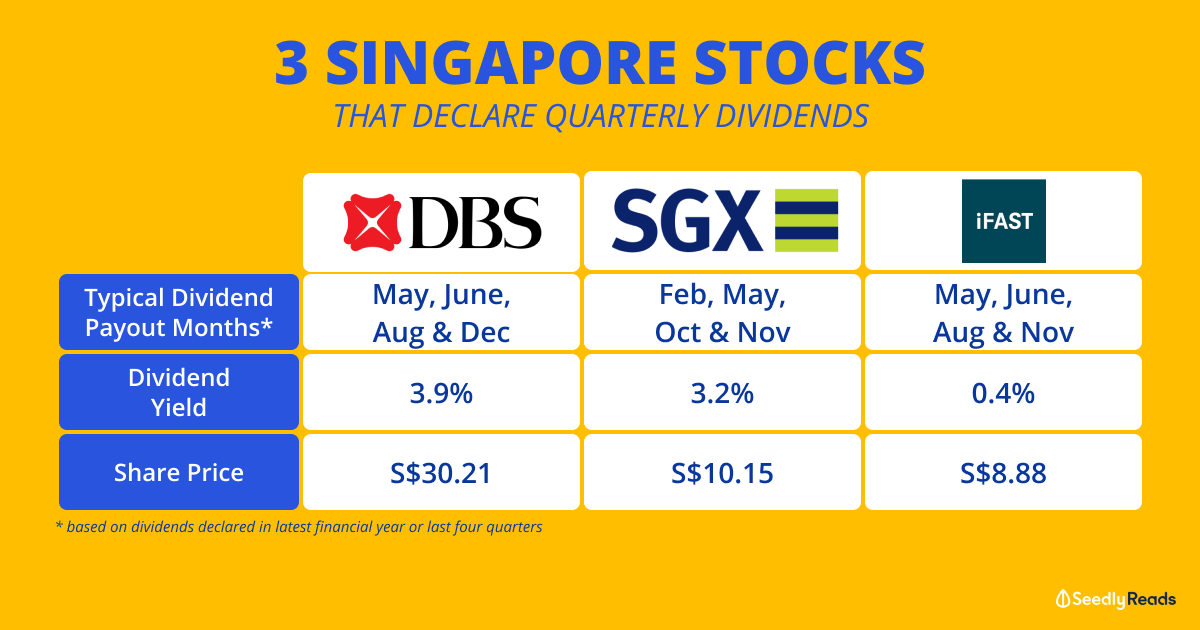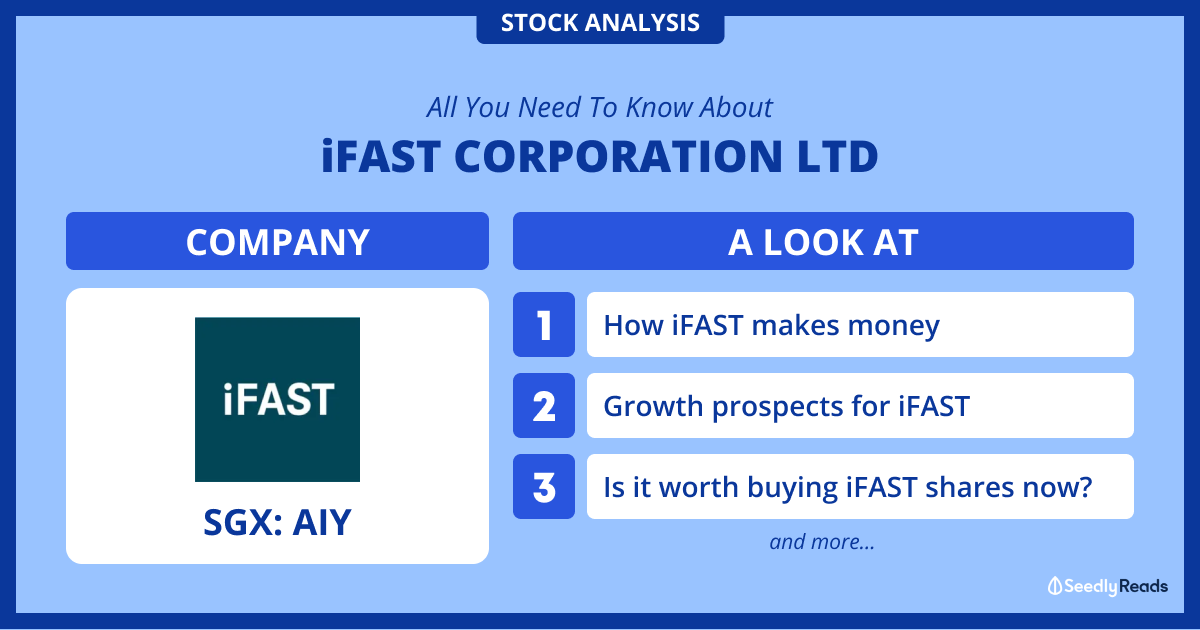Advertisement
Anonymous
How does everyone think about the ETF STI these days? Every month, i throw in $100 through DBS to buy it. However i heard the price is very high nowadays? Is it still worth it to buy into the STI? ?
If yes, is there actually an optimal amount? I feel that $100 per month might be quite worthless. How about $1000?
10
Discussion (10)
What are your thoughts?
Learn how to style your text
Reply
Save
The STI unfortunately is an underperformer, as depicted in this 10 year chart
Reply
Save
View 3 replies
Hi how long have you been investing? Because the average for the past 6 months isnt as high as it is...
Read 3 other comments with a Seedly account
You will also enjoy exclusive benefits and get access to members only features.
Sign up or login with an email here
Write your thoughts
Related Articles
Related Posts
Related Posts
Advertisement









If I had a dollar every single time a friend or client told me that the price is very high these days, I would be a millionaire.
It was too high in 2011, when the greek debt crisis was looming and fears of double dip was happening. It was too high in 2013, when the UK brexit is looming. It was too high in 2015/2016, because fears of the business cycle was happening.
Guess what? Every single one of my friends who stayed at the sidelines missed the biggest rally of their lifetime for equity.
You can be greedy at the top, but you can be greedier at the bottom that never happens.
If your investment discipline is to invest $100 a month, the best way is to stick to the discipline. Whether or not $1000 is sufficient depends on how strong your cashflow is. If $1000 is representative of 5% of your disposable income, I would argue that whether or not the market crashes should be of little to no concern to you. Largely because you will still be investing the same, if not, higher amounts when it goes down. However, if $1000 is representative of a significant sum, lets say 40% of your disposable income, than it might cause problems because you might have guaranteed events that will occur in your life which cannot be subject to market volatility and risk.
Understand cashflow first. Allocation of cashflow comes second.
Click here to find out more about me!